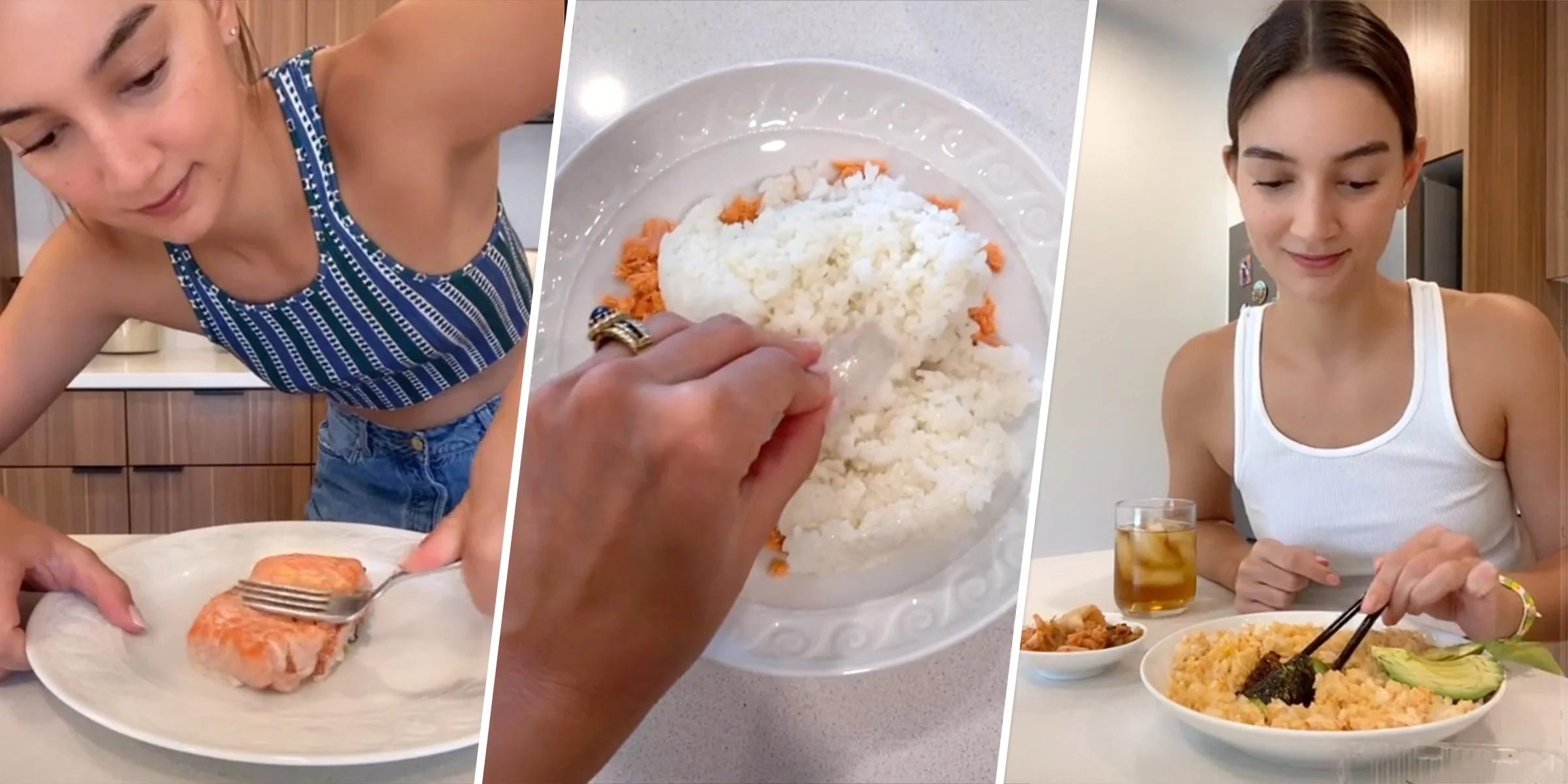Academic Research
At Georgetown, my focus has been on authenticity and trust and how these concepts have shaped and changed influencer culture and the development of influencer marketing. I’m particularly interested in how different technologies shape online communities in unique ways.
Deblackboxing Clubhouse
It’s 2020. Your classes have all been switched to online learning and your employer has sent you home. You spend 95% of your time indoors, switching from Zoom meetings to Zoom happy hours and game nights. You’re making sourdough and dalgona coffee, all while thinking of how exhausted you are of video chats.
Enter: Clubhouse
A group of my classmates and I were tasked with investigating the hot new exclusive app and look at how it functions differently from existing social media. We were asked to deblackbox the app — explain its architecture and algorithms — to a professor interested in learning more about the technology. We gathered our findings on this website, where we discussed how COVID-19 played a role in the App’s popularity and where we believed the technology would develop from there. One year later, my predictions remain pretty spot on!
Spilling The Tea: How YouTube Commentary Channels Keep Influencers And Micro Celebrities Accountable
This final paper for Georgetown’s Breaking and Rebuilding Trust In News class is a research project proposal on YouTube Apologies and drama channels. While we were not asked (nor did we have time to) carry out research, this paper provides a literary review on how and why we trust influencers and how influencers leverage trust and authenticity to rehab their image after a scandal via apology videos. I propose to look at the YouTube “drama channels” that analyze these apologies as a form of metajournalism that has its own rules for trustworthiness and authenticity itself.
Commodifying Authenticity: How Food Bloggers Use Ethnicity As Branding
In this paper I turn my focus on authenticity onto the food blogger and explore how bloggers and food influencers use racial signaling as a way to increase authenticity and gain clout. The paper includes a literature review of current theories of authenticity in social media and the history of food and authenticity. I analyze a popular TikTok account’s videos based on my understanding of existing literature.


